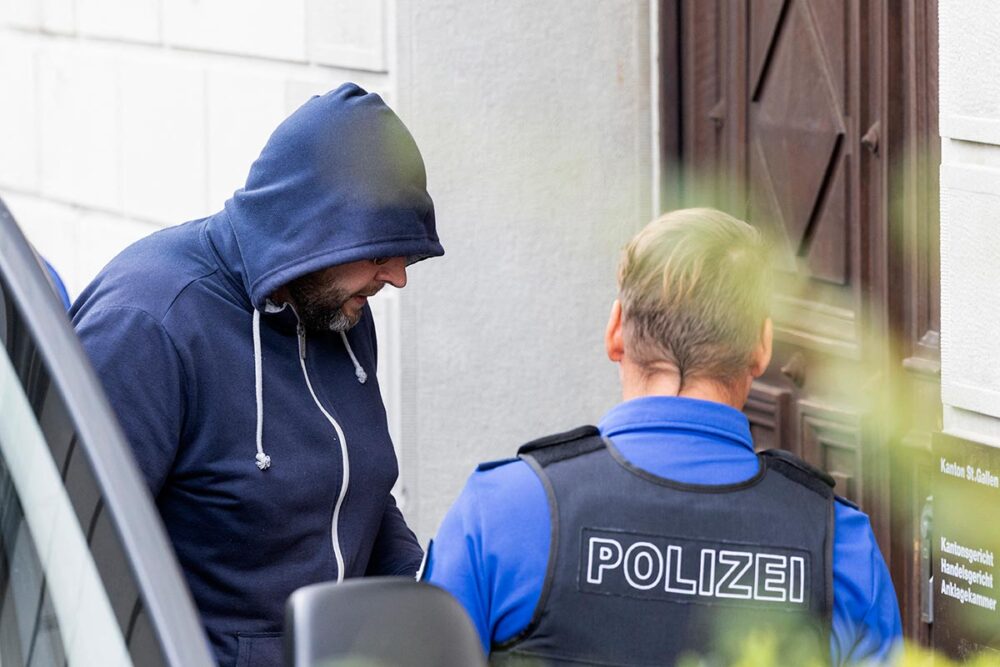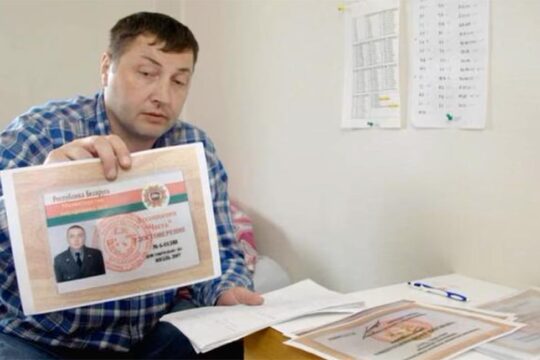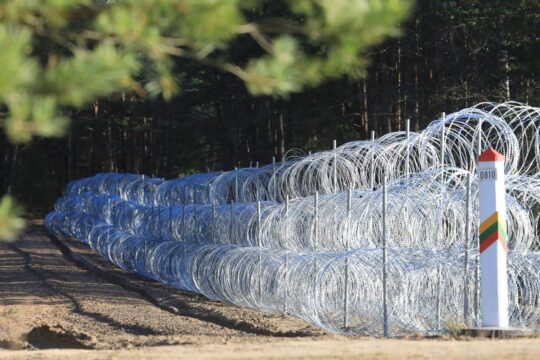“Due to the contradictory testimony of the accused, his actual involvement in the enforced disappearance of Yuri Zakharenko, Viktor Gonchar and Anatoly Krasovsky in 1999 cannot be considered to be legally proven,” the District Court of Rorschach (canton of St. Gallen, Switzerland) found on Thursday, September 28. “For the same reason, however, it cannot be considered proven that he misled the administration of justice, i.e. falsely accused himself of involvement in a criminal offence.”
All agreed to believe the defendant
The court also cast doubt on whether Harauski’s statements were to help him get asylum in Switzerland. As the court points out, the prosecutor, legal representatives of the civil parties and the defence all agreed that they should believe the accused's stories. But, it said, the Swiss legal definition of “enforced disappearances” that can be prosecuted under universal jurisdiction requires that they are carried out “on behalf of, or with the endorsement of a State or a political organisation”. Although Harauski had in his confessions implicated others, including Dmitrij Pavličenko, commander of the Interior Ministry’s SOBR special unit, the court found that the involvement of the State had not been sufficiently proven.
Harauski was a member of the SOBR, an elite unit of the Belarusian Interior Ministry. He came to Switzerland in 2018 or 2019, according to media reports, and claimed asylum on grounds of being in danger from the regime of President Alexander Lukashenko for having talked about the SOBR involvement in these disappearances. He has been granted temporary residence in canton St. Gallen, where his two-day trial was held on September 19 and 20. Although the accused confessed and apologised to victims, his defence lawyer pleaded not-guilty on grounds that the legal requirements for the charges had not been fulfilled. The prosecution asked for a three-year jail term, with two years suspended.
“Numerous contradictions”
“In the course of his various interrogations – for example in the asylum procedure, in the investigation proceedings before the public prosecutor's office and finally in court – the accused became entangled in numerous contradictions,” the court found. It said he had not been able to answer clearly some simple questions about the SOBR.
It is “possible, or even likely” that the accused served in the SOBR, says the court. “However, it remains unclear whether and to what extent he was actually involved in the actions brought to trial. It remains possible that he heard details about these actions from other comrades, whether during or after his service, for example at his regular veterans' meetings, or that he took them from the media. It is possible that his primary concern was simply to underpin his asylum application in Switzerland with the most dramatic descriptions possible.”
NGOs “regret the verdict”
The Geneva-based TRIAL International, one of the NGOs that helped bring the case, said in a press release soon after the verdict that victims are disappointed with this verdict and “remain in a state of uncertainty about the exact circumstances of their loved ones’ disappearances”. TRIAL International is not a party in the trial, but filed a joint complaint with the International Federation for Human Rights (FIDH) and Belarusian human rights centre Viasna. The case comes after criminal complaints from two of the victims’ relatives, daughters of the disappeared, and these NGOs which supported them.
“TRIAL International, FIDH and Viasna regret today’s verdict and will continue to support the victims in their quest for justice, including during the appeal process,” said the press release.








